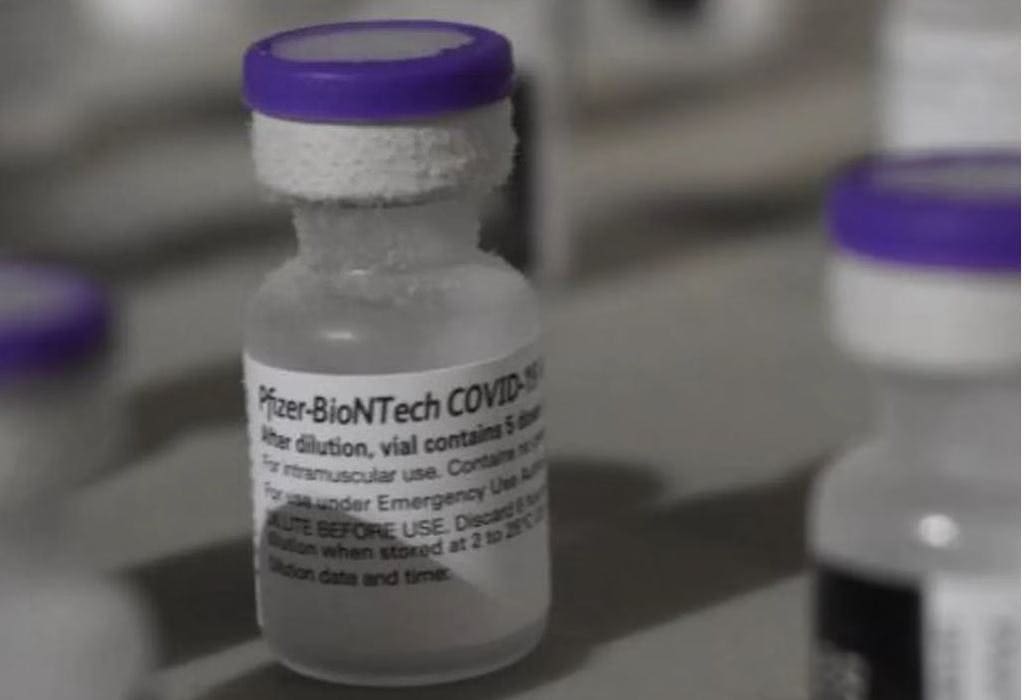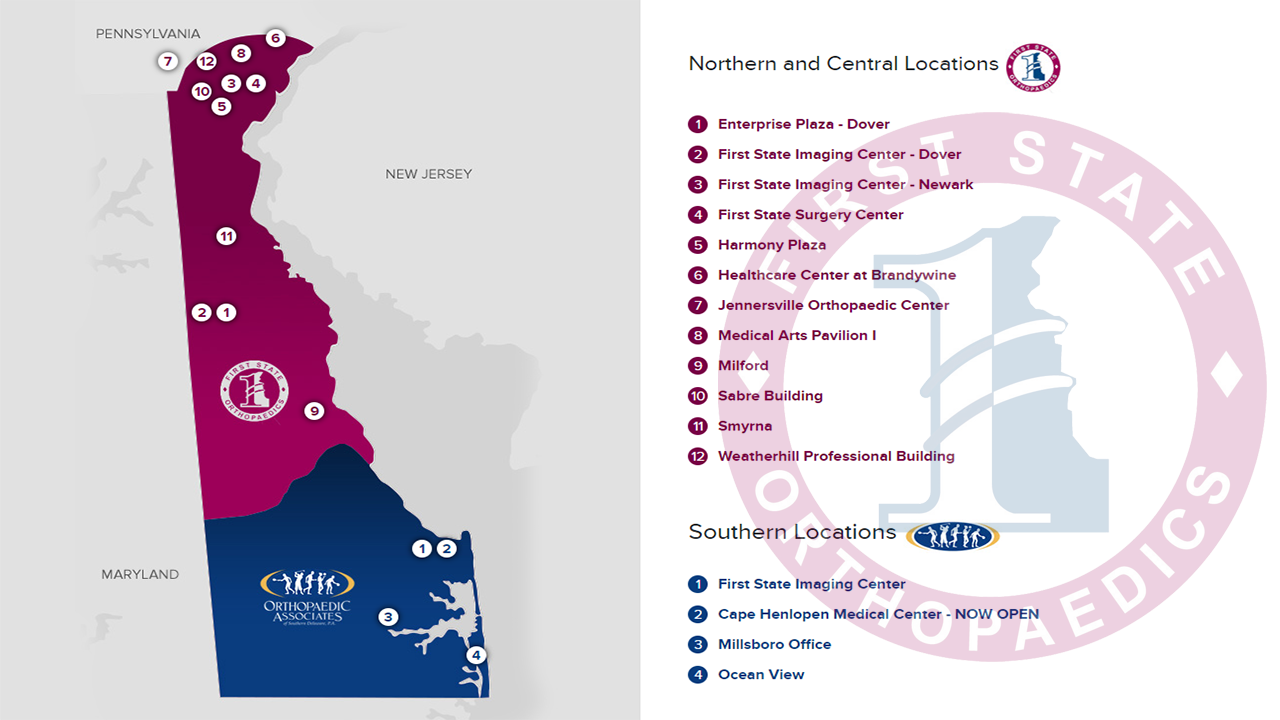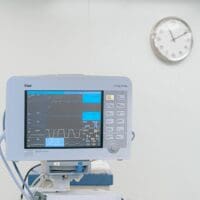
Gov. John Carney on Thursday issued more changes to his COVID-19 executive orders.
Among changes to his COVID-19 emergency declaration, Gov. John Carney is allowing restaurants to increase their indoor capacity to 50% and telling businesses and those giving the vaccine that they may not charge for it.
The restaurant industry, which is still down 20 percent of its workforce from this time last year, has been pressing the governor and Delaware Public Health officials to raise the indoor dining limit so restaurants can serve more people and make more money.
“This is welcome news to the restaurant industry that’s suffering so dramatically with the 30% restriction,” said Carrie Leishman, director of the Delaware Restaurant Association. “We look forward to working with the governor’s office to open up even further in the coming weeks.”
The change takes place at 8 a.m. Friday.
Restaurants had been operating at 60% capacity in the fall, but as the coronavirus began to circulate more after Thanksgiving gatherings, Carney pushed the restaurants back to 30 percent and issued a curfew for restaurants and bars through the end of the year. He lifted that curfew in January.
Error, group does not exist! Check your syntax! (ID: 11)
Bars and restaurants still must follow the state’s guidelines, which includes customers wearing masks at all times, unless they are eating and drinking.
This was the sixth modification to the Carney’s Omnibus State of Emergency Declaration, a document that combined his d0zens of orders into one place.
In addition to restaurant capacity and blocking charges for vaccine, the new version allows youth and amateur sports tournaments to resume. It says Delawareans who travel out of state for sports tournaments and competitions are strongly encouraged, but not now required, to self-quarantine when they return.
A big part of the modification requires Delaware vaccination providers to report complete demographic information within 24 hours of administering a vaccine. That’s partly because about 30 percent of the responses now do not have demographic information, and only 7 percent of the 100,000-plus administered shots have gone to minorities.
The modification specially prohibits price gouging and requires health care providers, pharmacies and other entities that provide vaccinations to offer the shots free of charge, although they can collect insurance information.
Error, group does not exist! Check your syntax! (ID: 11)
Prohibiting anyone from charging for a vaccine appears to be an about-face by the administration.
The federal government pays for vaccine, but Carney had said in public meetings that people who got shots at pharmacies and other places might be asked for insurance cards, and that their insurance would be charged for the shots. He said that would help state finances.
Asked about that last week, Jill Fredel, director of communications for the Delaware Department of Health and Social Services said in an email that “medical practices, pharmacies, clinics, etc., can get reimbursed for administrating the vaccine. That’s where insurance comes in – it will reimburse for each shot given.”
She confirmed Thursday that the policy had changed this week.
The onmibus also said that enrolled vaccination providers must follow eligibility criteria in Delaware’s COVID-19 vaccination program, as defined by the Division of Public Health. That includes only giving vaccine to those who are in the correct phase of people who are to receive the shots. As of Thursday morning, Delaware was in the 1B phase of the rollout and is focusing on those aged 65 and older, but others including teachers are getting vaccine through specific industry programs.
Failure to comply with data reporting requirements in Thursday’s order may result in fines for providers, and reductions in vaccine allocation, the modification said. Read it here.
“We are administering more vaccines each day, and we continue to see improvement in our COVID-19 case rates and hospitalizations statewide. That’s good news, but it’s no reason to let our guard down,” Carney said in a press release about the executive order changes. “We need to make sure we’re distributing the vaccine equitably across our state.”


Betsy Price is a Wilmington freelance writer who has 40 years of experience.
Share this Post









